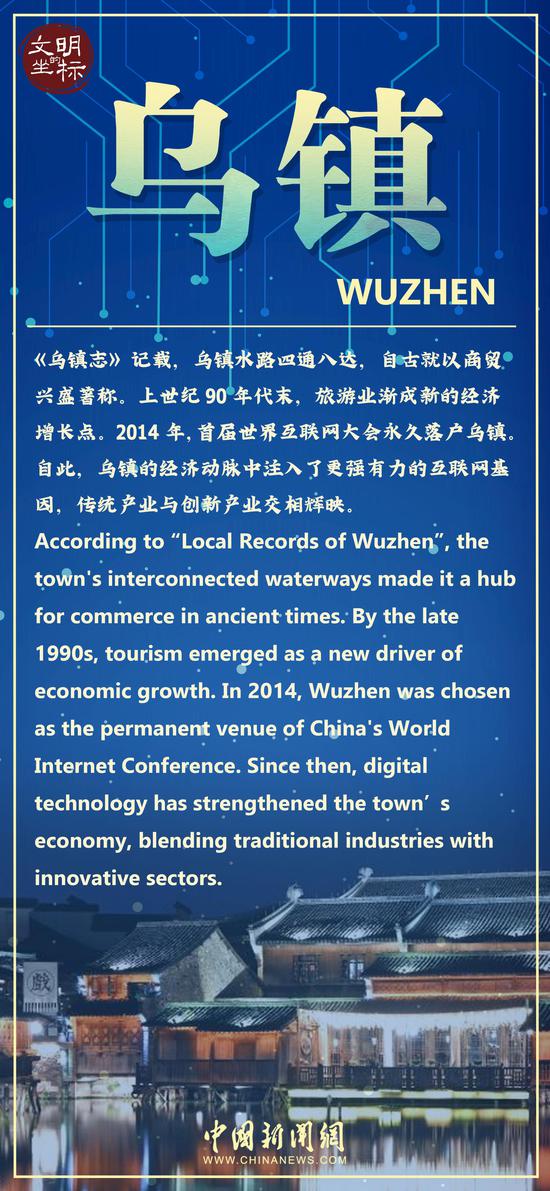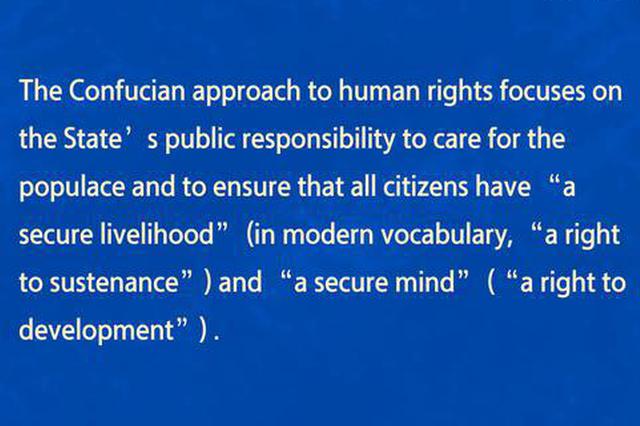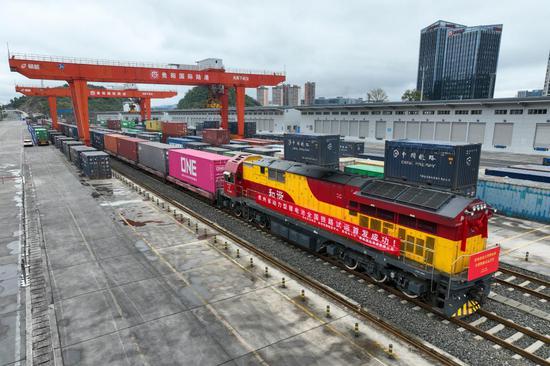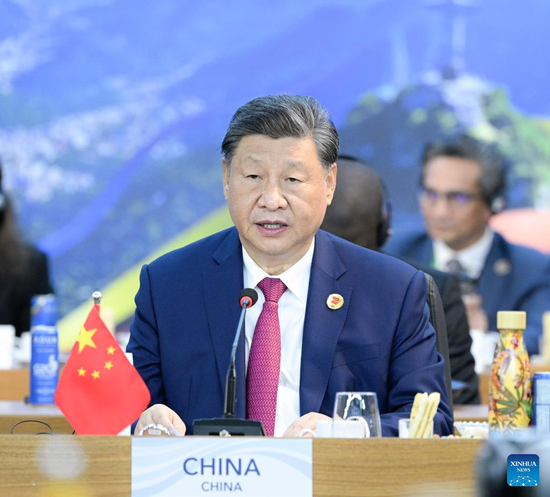
A deliveryman for Meituan, the country's on-demand service platform, delivers food in Beijing. (Photo provided to chinadaily.com.cn)
Chinese netizens have expressed support as the government launched a campaign targeting the algorithms behind various internet services, aiming to address long-standing user complaints on issues including homogeneous content recommendations and the malicious manipulation of trending topics.
The Office of the Central Cyberspace Affairs Commission announced the campaign on Sunday, saying that there are still "several typical problems" related to the use of algorithms by internet platforms that need to be constantly addressed.
The campaign, which was launched by the commission and several other authorities and will run until February, immediately garnered attention from Chinese netizens on social media, with four related topics trending on Weibo on Sunday.
According to the statement, internet content platforms are required to establish mechanisms to prevent the formation of "information cocoons", a term that refers to the phenomenon where people's focus on certain information fields is habitually guided by their interests, thereby confining their lives to a "cocoon" similar to that of a silkworm.
Therefore, the platforms are required to enhance the diversity and richness of recommended content, prohibiting the promotion of highly homogenized content.
These platforms must not force users to select interest tags or collect personal information beyond the necessary scope for content recommendation, it said. They are also required to provide users with negative feedback options for recommended content, such as "not interested".
Additionally, the campaign targets the manipulation of trending topic rankings, mandating that internet platforms fully disclose the algorithm principles behind their trending lists to enhance "transparency and explainability".
In China, all major information-sharing platforms such as Weibo, and video-sharing sites Kuaishou, Douyin and Bilibili maintain real-time trending topic lists, which are primary sources of information for netizens.
The statement emphasized the need to improve technical means to detect and identify fake accounts and malicious ranking manipulations, strictly regulating illegal activities that exploit ranking rules to manipulate lists and hype topics.
Besides content and information distribution, the campaign also focuses on the rights of workers and consumers involved in internet services.
The commission's statement highlighted the need to prevent internet platforms from blindly pursuing profits at the expense of workers providing services.
The number of those workers surpassed 84 million in China as of 2023, according to the All-China Federation of Trade Unions. This group of workers includes food delivery riders, ride-hailing drivers and couriers.
Among them, there are 13 million food delivery riders. In recent years, these riders have often violated traffic rules to deliver food as quickly as possible, due to the requirement by food delivery platforms to deliver orders within a specified time, or face wage deductions.
The statement stressed the importance of preventing platforms from excessively reducing delivery times, which leads to more frequent delivery delays, traffic violations and accidents.
Platforms are required to clearly disclose algorithm rules for time estimation, fee calculation and route planning. They must promptly handle appeals from workers regarding delivery delays caused by uncontrollable factors such as traffic control, accidents and adverse weather conditions.
Furthermore, the long-standing issue of "big data discrimination", where platforms use algorithms to implement differential pricing based on user characteristics such as age, occupation and consumption level, will be strictly prohibited.
All internet service providers are required to conduct self-examination and rectification, with local cyberspace administrations set to carry out inspections early next year.
Additionally, the commission has urged local authorities to promptly disclose channels for users to report algorithm-related issues.
Wang Sixin, a professor of internet law at Communication University of China, said these are prominent issues to be addressed.
"After accumulating a large amount of user data, internet platforms can easily target users with specific content and advertising," he said. "Once the platforms fully understand your consumption habits and patterns, users become more susceptible to manipulation."
Therefore, the government has the responsibility to intervene and promote the establishment of a more reasonable framework of rights and obligations between users and platforms, Wang said.


















































 京公網安備 11010202009201號
京公網安備 11010202009201號